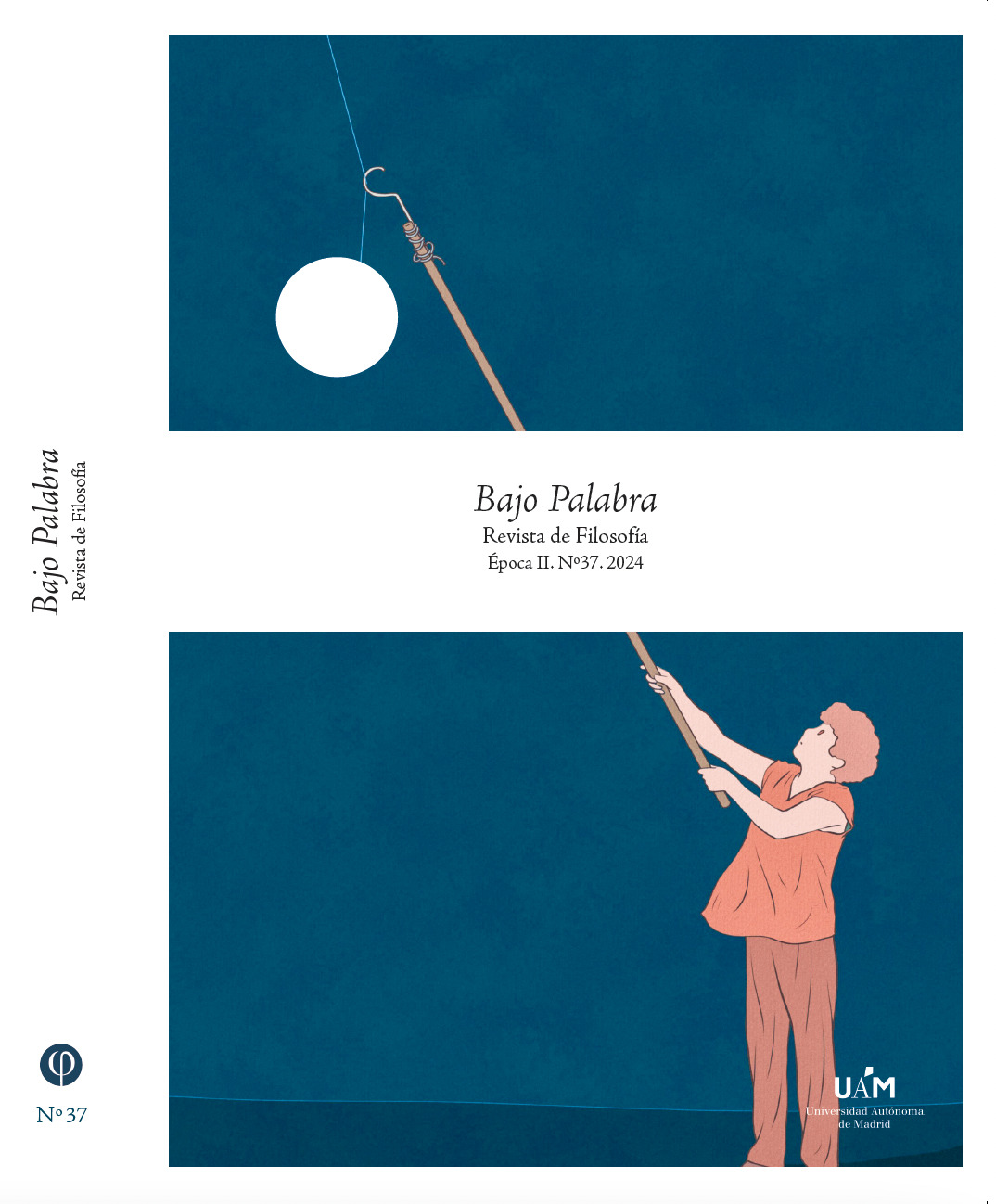Keywords:
Knowledge by connaturality, legal argumentation, fair solutionCopyright (c) 2024 Ian Henríquez Herrera

This work is licensed under a Creative Commons Attribution 4.0 International License.
Abstract
Knowledge by connaturality is a reality that has been profusely studied in epistemology, but which, paradoxically, has tended to be ignored in contemporary theories of legal argumentation, which are very strongly influenced by analytics and hermeneutics. The present work seeks to show the applicability of that type of knowledge to the solution of legal cases, its relevance, its prevalence and greater degree of perfection, to the point of being able to affirm that it constitutes the most appropriate form of access to the correct or fair solution of the case.
Downloads
References
Acosta López, Miguel (2004). “La función integradora del conocimiento por connaturalidad”. Vatican City: Pontificia Academia Sancti Thomae Aquinatis & Societa? Internazionale Tommaso D’Aquino. pp. 243-255.
Aristóteles. Obra biológica. Luarna, Madrid, 2010.
Budziszewski, J. (2004). “The natural, the connatural and the unnatural”. Conferencia en University of Notre Dame, disponible en: https://www.catholicculture.org/culture/library/view.cfm?recnum=9691
Cortina, Adela. Justicia cordial. Trotta, Madrid, 2010.
De Aquino, Tomás. Suma de Teología, BAC, Madrid, 2001.
De Campos, Thana (2023). “The possibilities of a global ethics of a natural lawand its relevance to legal philosophy”. Comentario en Seminario Pontificia Universidad Católica de Chile, noviembre 2023.
Huzarek, Tomasz (2018). “Thomas Aquinas’ Theory of Knowledge through Connaturality in a Dispute on the Anthropological Principles of Liberalism by John Rawls”. Espíritu LXVII (2018) ? n.º 156 ? 403-417.
Llano, Alejandro (2003). Gnoseología. Eunsa, Navarra.
Maritain, Jacques (2003). La intuición creadora en el arte y la poesía. Palabra, Madrid.
Maritain, Jacques (1968). Distinguir para unir o los grados del saber. Club de Lectores, Buenos Aires.
Maritain, Jacques (1951). “Sobre el conocimiento por connaturalidad”. Conferencia en la Society of Metaphysics of America, disponible en: http://www.jacquesmaritain.com/pdf/03_epi/07_ep_conconna.pdf
Prado, Pedro (1924). Un juez rural. Editorial Nacimento, Santiago de Chile.
Ricoeur, Paul. Amor y justicia. Caparrós, Madrid, 1994.
Rivas, Pedro (2021). “Conocimiento por connaturalidad y conocimiento jurídico”. En: Acta philosophica: revista internazionale di filosofía: 30, 2, 2021, pp. 377-395.
Schmidt, Ciro (2001). “Lo connatural y el conocimiento por connaturalidad”. En: Sapientia. 2001, 56 (209).
Sierra, J. (2009). Preguntando por el corazón. El mundo de la afectividad. Universidad de La Sabana, Colombia.
Streeter Prieto, Jorge (2002). “Ciencia del derecho”. Estudios Públicos, 86, otoño.
Turner C. Nevitt (2023). “Connatural Knowledge of the Natural Law”. European Journal for the Study of Thomas Aquinas, 41, pp. 21-43. https://doi.org/10.2478/ejsta-2023-0002
Ugarte Godoy, José Joaquín (2016). Curso de filosofía del derecho, Pontificia Universidad Católica de Chile.
